Introduction
Venison is rich in a variety of nutrients that might not be as common in other sources of meat. It is a healthy protein source for people. But can dogs eat venison?
Are there any risks of feeding venison to your dog on a regular basis? We’re answering this question and more in today’s article, so keep on reading!
Why is Venison Good for Dogs?
Venison can make a healthy protein source for dogs as it is less commonly fed to them compared to chicken, for example. As such, it might be suitable for dogs that have food intolerances, especially if they do not have it too often.
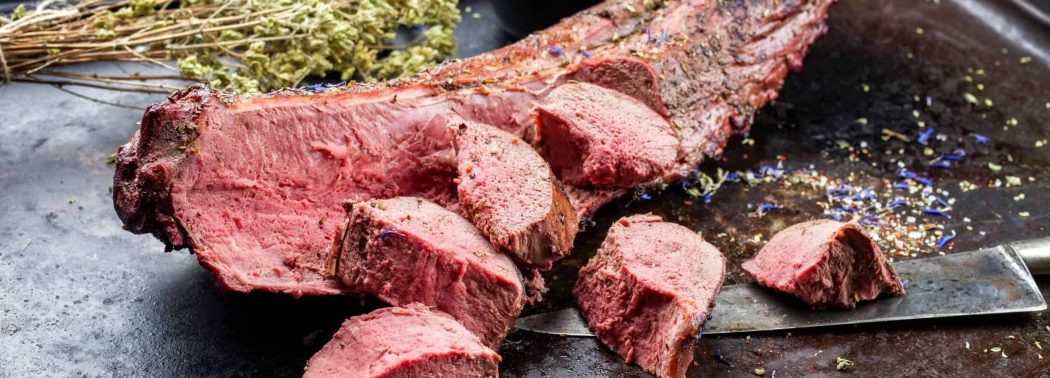
Leaner than other meats
If your dog needs a higher protein diet, venison might be the best option you have at your disposal. It has a lower fat content compared to beef or pork, and it doesn’t even contain as much cholesterol.
This makes it very appropriate for dogs that are always at a risk of gaining a few pounds (and neutered males and spayed females are in this category). But it also makes it a good protein source for dogs with heart disease.
Can be considered a low-allergy protein source
Most dogs tend to develop food allergies or intolerances as a result of being fed the same protein time and again.
So, if you occasionally change your dog’s main protein source from chicken or turkey to venison or lamb, you can prevent your pet from becoming allergic to any of these proteins. Since venison is a little uncommon than other meats, it can be considered a hypoallergenic and novel protein.
Rich in B vitamins
B vitamins are essential when it comes to ensuring that your dog’s body functions the right way. They can help support skin and brain cells, aid in the production of new blood cells, and can also provide your dog with enough energy throughout the day.
Deer meat contains both B12 and B6 vitamins.
It contains choline
This venison compound is neither a mineral nor a vitamin, yet it is essential for all living organisms. It can be looked at as a B vitamin simply because of its properties, but it supports a variety of organ functions.
For example, choline is involved in both heart health and brain function, and it even ensures the structural integrity of some cells. Most dogs get choline from krill-based supplements.
Is Venison Bad for Dogs?
Like any other type of protein that you have to cook yourself, venison does come with a fair share of health risks for dogs. Here they all are listed below:
Bacterial contamination
Can dogs have venison that hasn’t been properly cooked? The short answer to this question is a hard no.
Like with chicken or other, less ‘dangerous’ meats, venison should never be given to pets raw. Bacterial contamination is extremely common when handling and working with raw meat.
Deer meat can contain pathogenic bacteria – mostly the E. coli strain, which can cause severe digestive upset in dogs. Some E. coli strains can produce a powerful toxin that can lead to serious illnesses and sometimes even death.
Toxoplasmosis and trichinosis
Raw venison meat can transmit both toxoplasmosis and trichinosis to humans and dogs alike, so making sure that you properly cook the deer meat can be paramount for your pet’s health.
Neospora caninum
This coccidian parasite can be transmitted through the meat of deer, horses, goats, and sheep, and it has been found to be one of the most common pathogens of dogs and cattle.
Some forms of dermatitis are related to this parasite, but most dogs develop mild digestive symptoms. However, the effects N. caninum has on pregnant female dogs, or young puppies are severe.
Pregnant dogs can abort their litter if they become infected, while puppies that are infected through the placenta toward their later fetal stage can be born with hind limb paralysis.
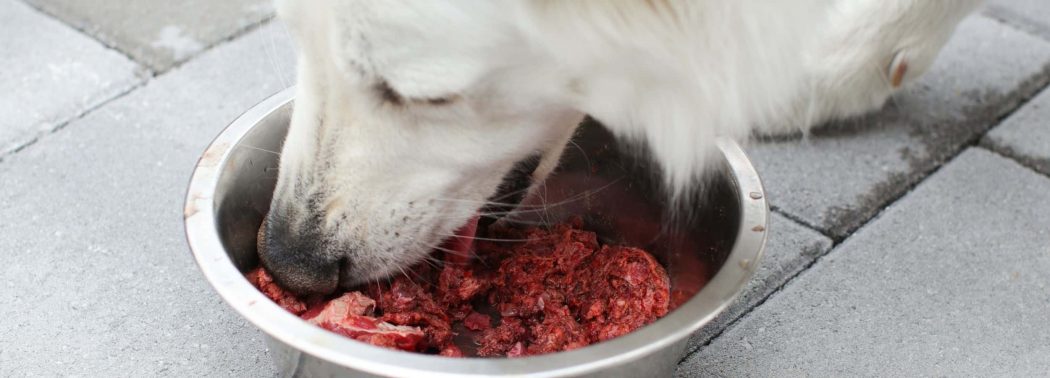
How Much Venison Can My Dog Eat?
When cooked properly, there is no specific limit as to how much deer meat you can feed to your dog.
However, since dogs are considered omnivorous, especially when compared to other pets, like cats, too much protein can be detrimental.
Venison is a cheap (sometimes even free) food source for people and animals, but if you already feed your dog a diet that your veterinarian has recommended, we’d suggest looking at it more as a snack rather than a main meal.
Also, if your dog is undergoing any type of specific therapy, make sure to consult your veterinarian before deciding to give them a new protein source.
How to Prepare and Serve Venison to Your Dog
There are three main (and safe) ways of cooking venison and serving it to dogs. You can boil it, bake it, or steam it.
Whatever your choice, you have to make sure that the meat is completely cooked through before feeding it to your pet. Otherwise, you will risk putting their health at risk.
We’d also like to note that the use of any spices, seasonings, or ingredients such as garlic or onion is not recommended. All of these can be dangerous for dogs.
Salt is not a good addition, either, since it can wreak havoc on your dog’s cardiovascular system. Therefore, you should avoid giving your pet leftovers from dishes you have prepared for yourself or your family.
Frequently Asked Questions
Deer bones are larger than chicken or turkey bones, so they are generally seen as safer. The largest ones are the best to give to dogs as the likelihood of them splitting into sharp pieces is lower.
If you want to stick to the safe side of things, you should avoid giving your dog any bone types. They’re usually associated with risks such as intestinal blockages or punctures, so it might not be worth it.
It depends on the ingredients you have added to the raw ground venison meat. If you haven’t used any spices or seasonings, the sausages are completely safe for your dog.
Even smoked venison sausages are fine if they do not contain any other ingredients besides the meat and some fat.
If the ground-up meat that you’ve used to prepare the deer meat burgers is plain, you are allowed to feed it to your dog.
Yes. When cooked properly, organ meats, including liver, can provide dogs with plenty of nutrients that they might otherwise not have any access to.
Besides venison and depending on what else you hunt, you can give your dog elk or moose liver — it’s just as safe when completely cooked through.
Yes, but these, too, have to be properly boiled, baked, or steamed.
What we’d also like to note about deer ribs is that they tend to have a bit of fat between them, so they might not be well-suited to the nutritional needs of senior dogs, those with a history of heart disease, obesity, or pancreatitis.
Summary
When cooked properly, venison can be a good alternative protein source for all dogs.
It is palatable, lower in fat compared to other meats, and it contains heaps of vitamins B, so it is good for your pet’s health.
If you are feeling unsure about feeding venison to your dog or any other kind of meat of an animal you have hunted, make sure to talk to your vet beforehand.
Sources
- Phosphatidylcholine from krill increases plasma choline and its metabolites in dogs, Lena Burri, 2019, Knut Heggen, and Andreas Berg Storsve
- Clinical toxoplasmosis in dogs and cats: An update, 2019, Rafael Calero-Bernal, Solange M Gennari
- Review of Neospora caninum and neosporosis in animals, 2003, J.P. Dubey
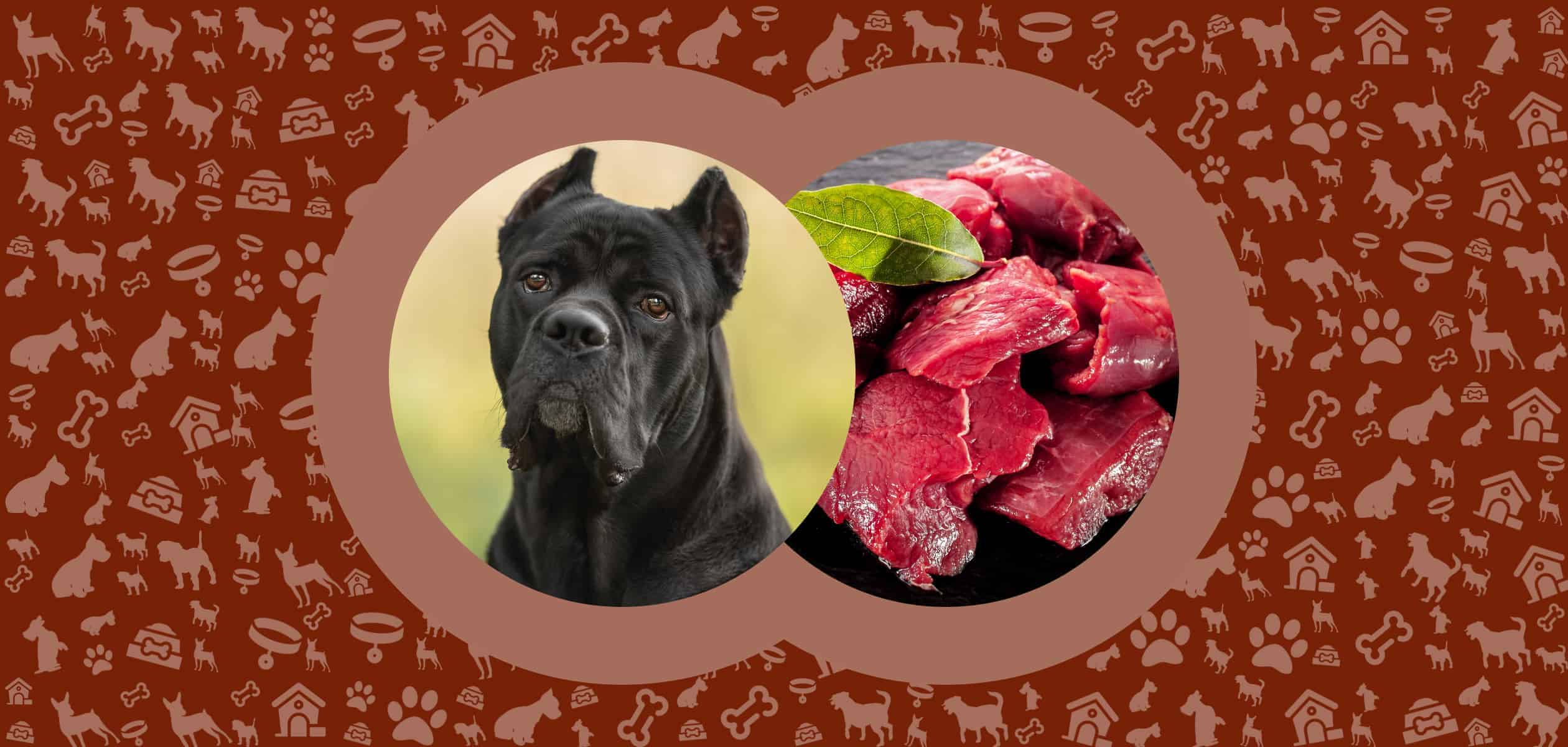
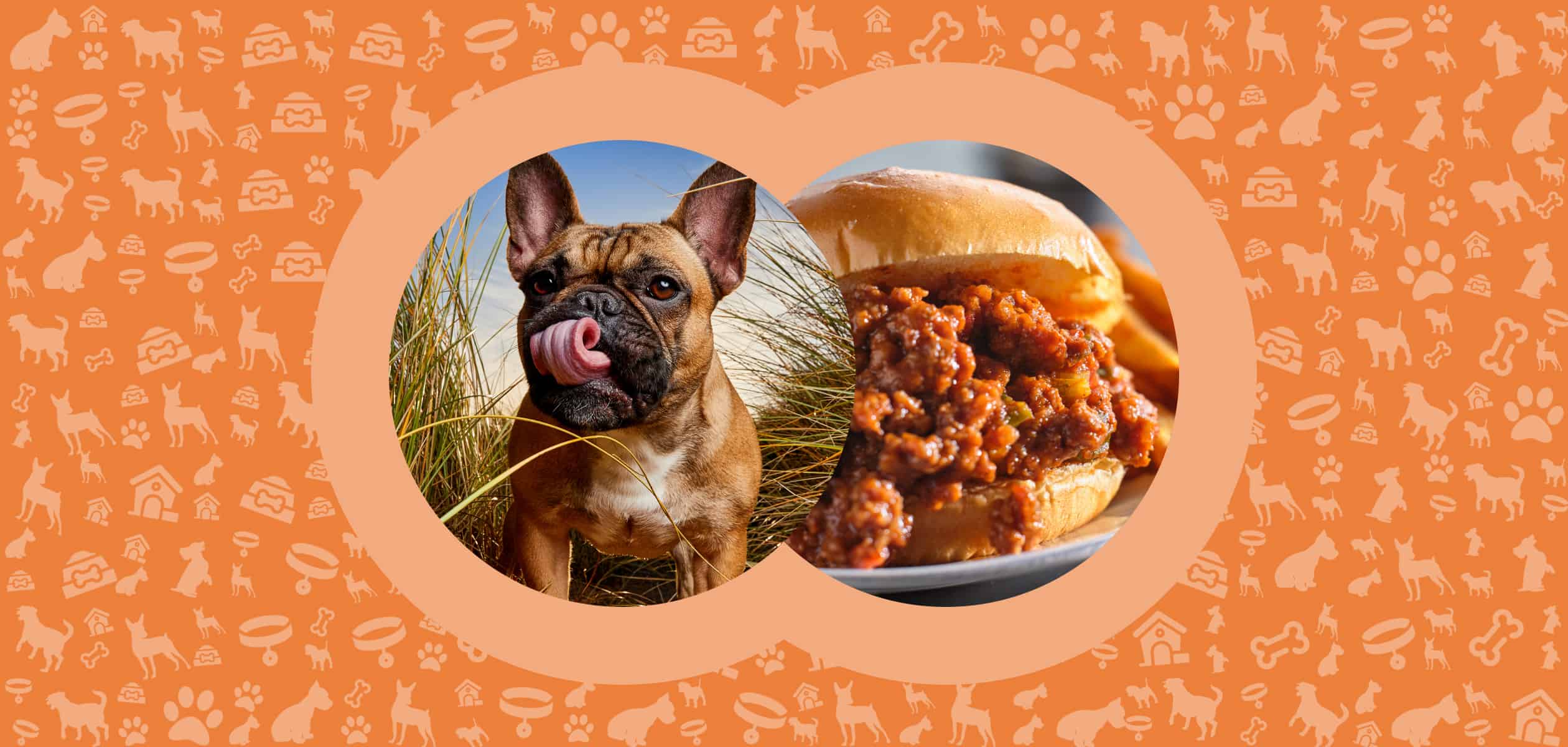
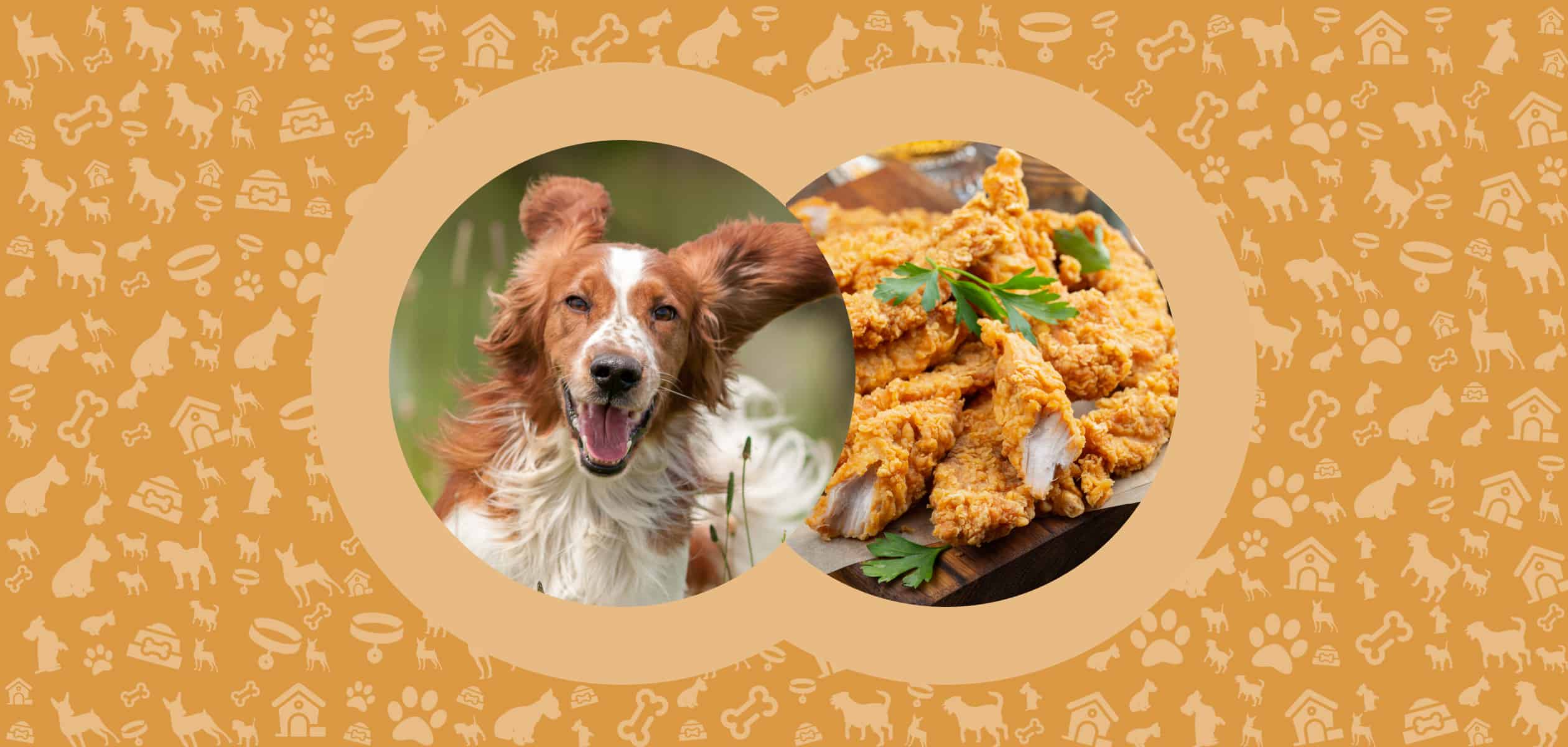
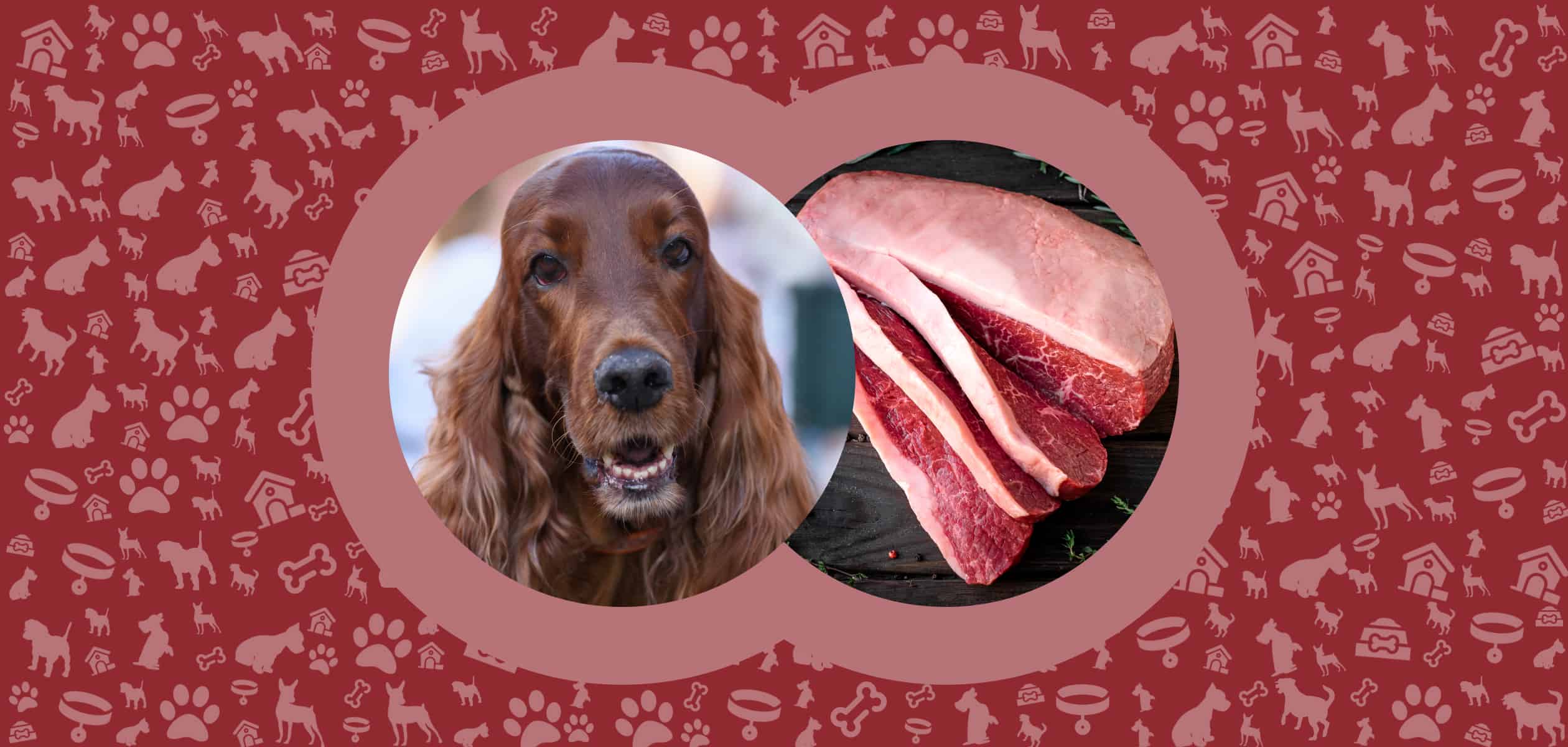
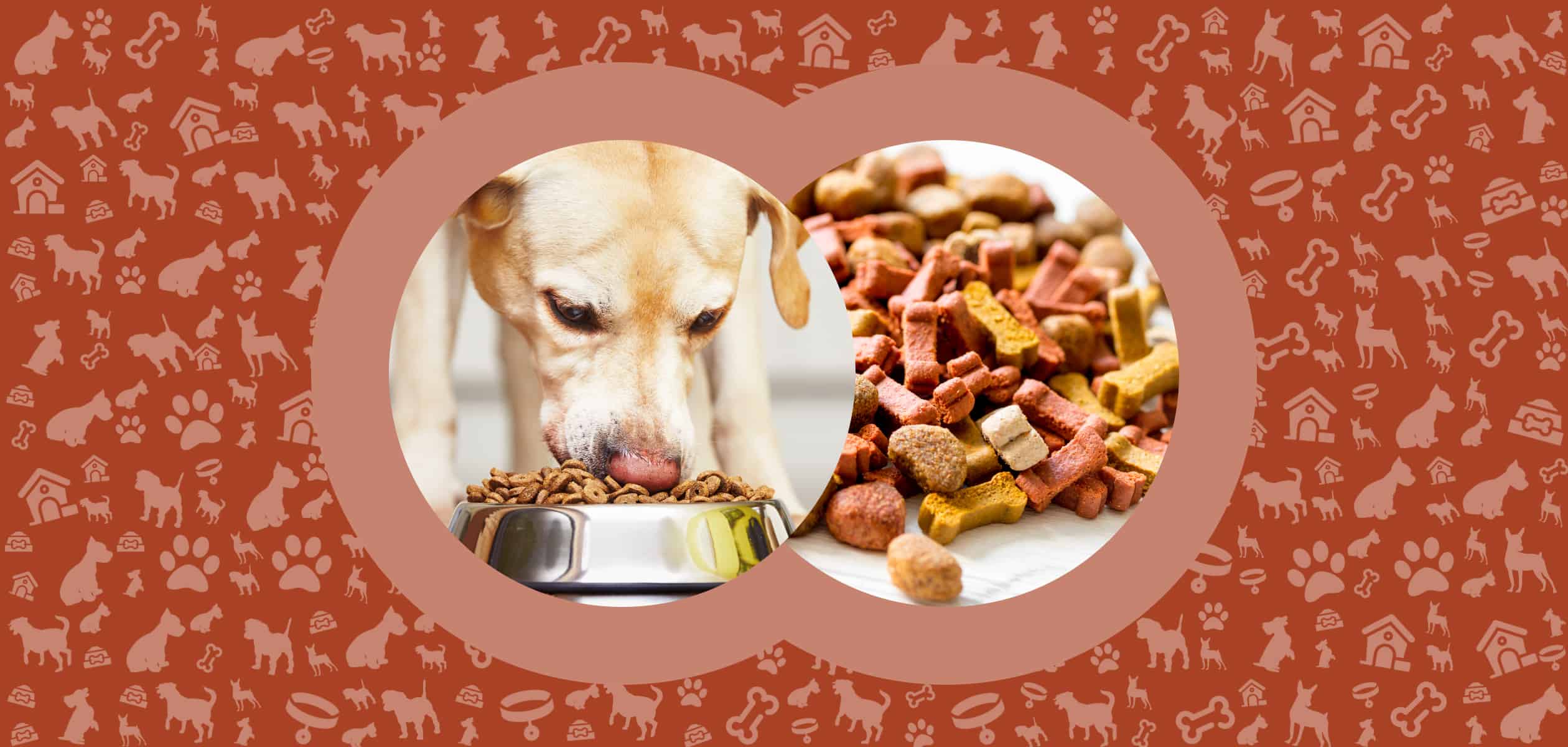
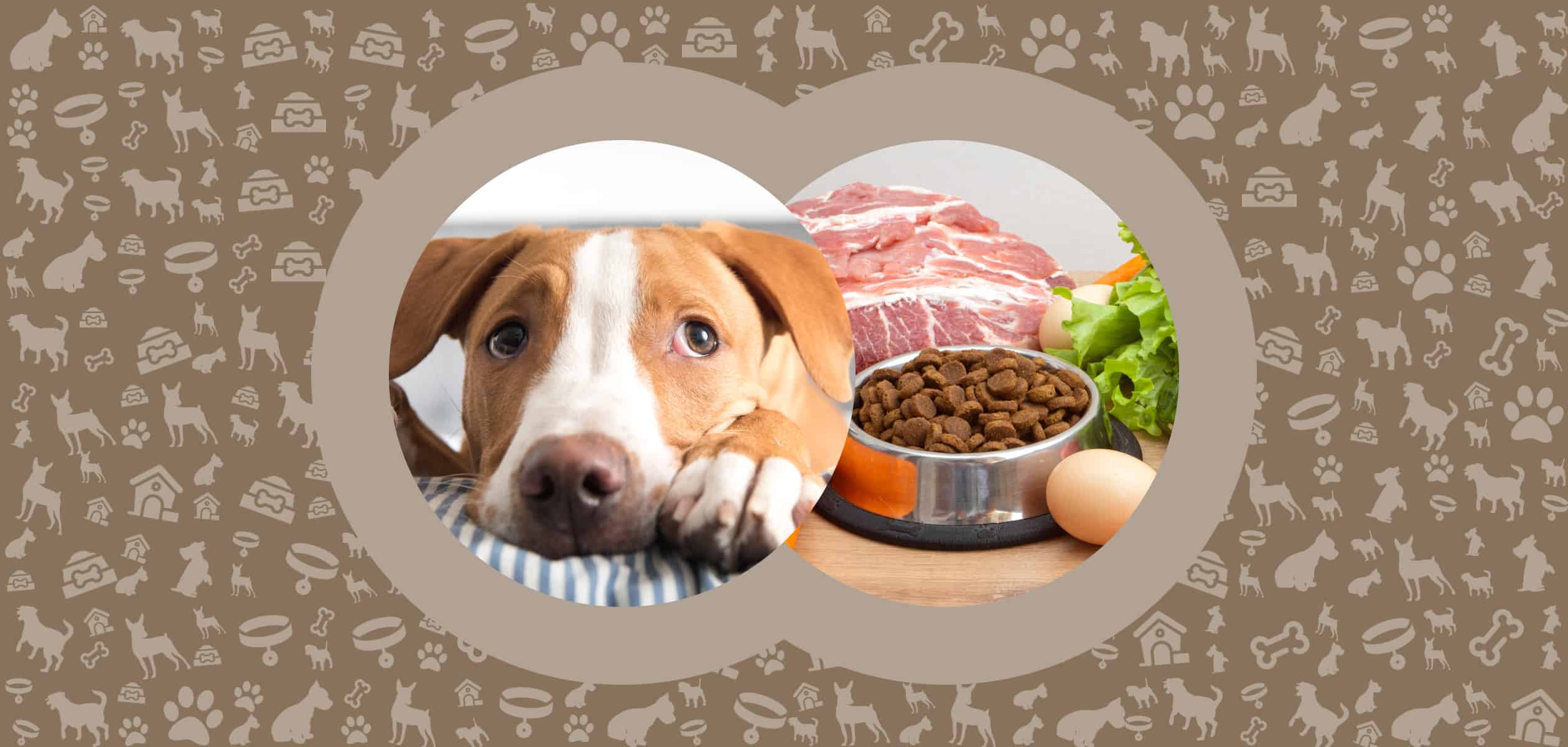
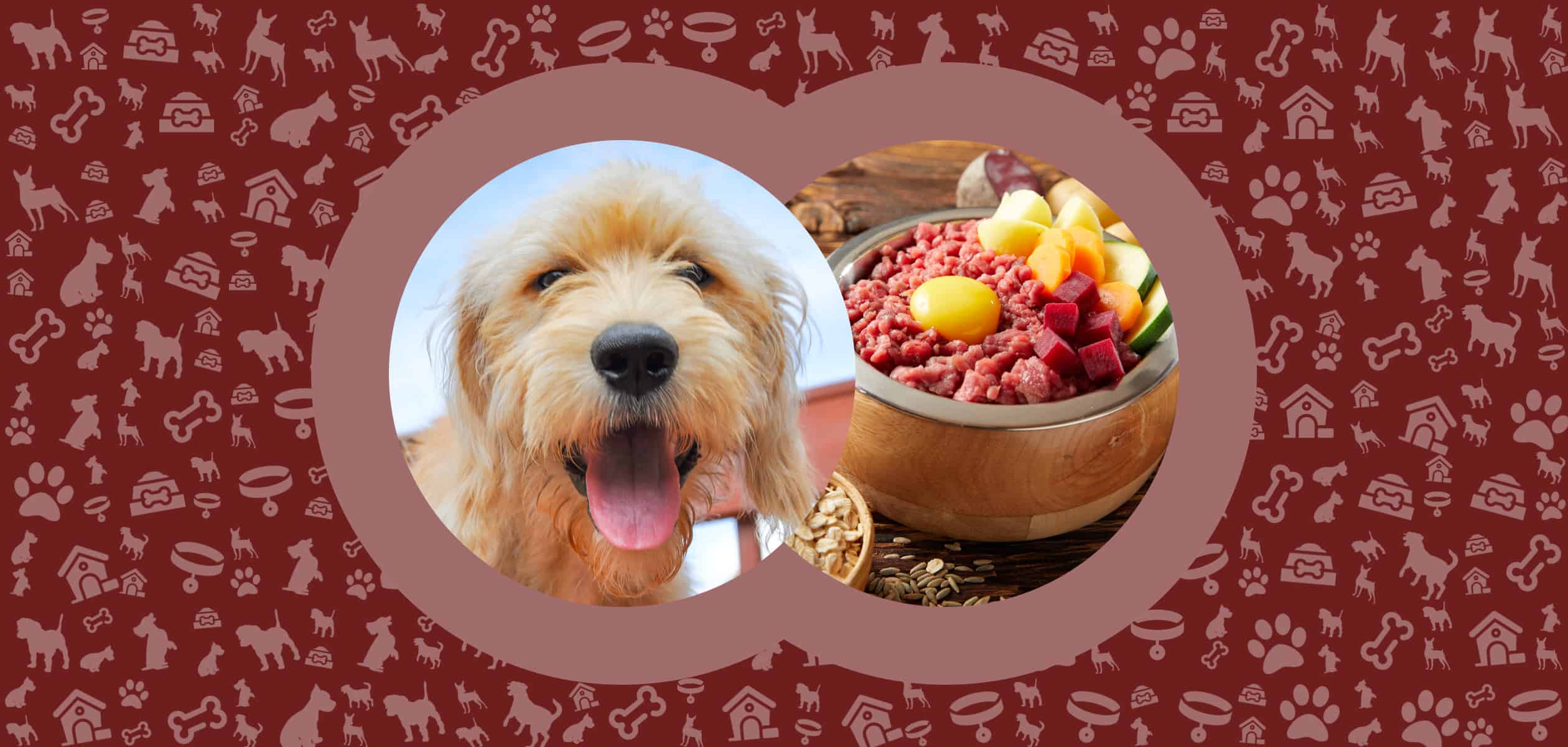
Leave a Comment